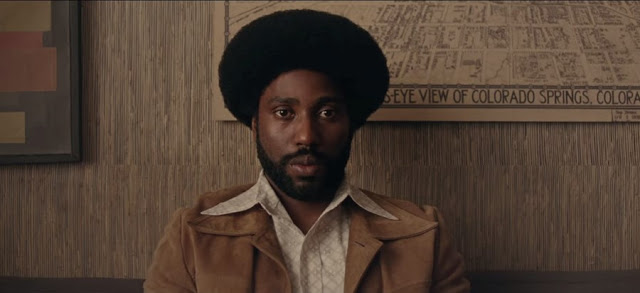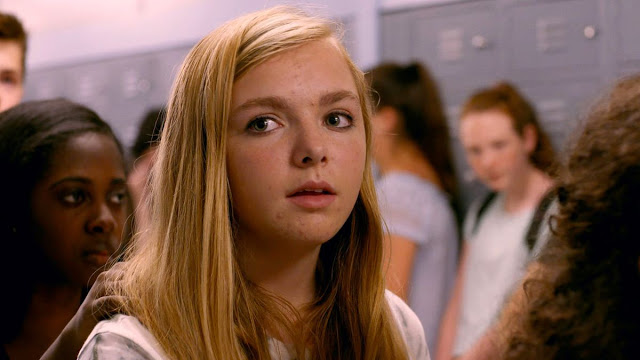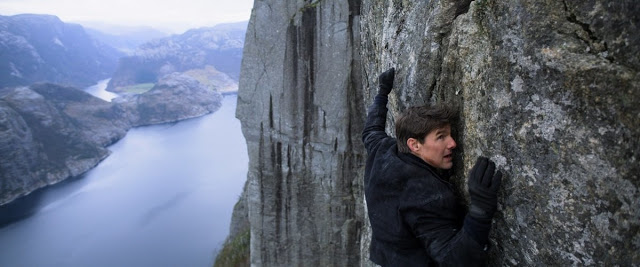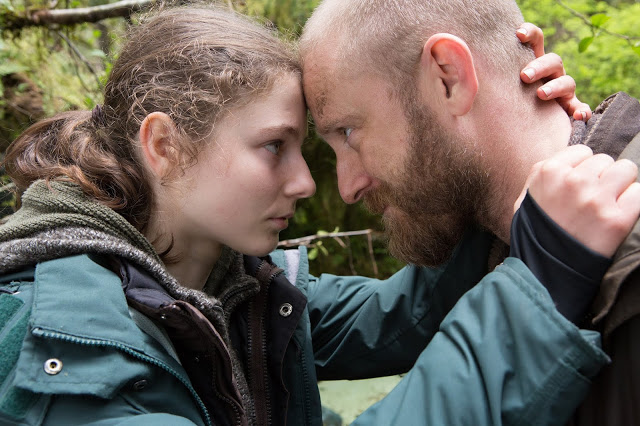Crazy Rich Asians: Headed East with Prince Charming, But the Queen’s Got Claws
There are no princesses with skin as white as snow in Crazy Rich Asians, but it’s a modern fairy tale all the same. Thoroughly clichéd yet undeniably crowd-pleasing, this cheery adaptation of Kevin Kwan’s best-selling novel by no means rewrites the rom-com playbook, but it does flesh out its pages with vivacity and color. Just as there can be wisdom in convention, there can be pleasure in familiarity, and there’s something strangely satisfying about seeing this movie hit all of the requisite beats—the quirky friends, the manufactured crises, the playful montages, the happily-ever-after resolution (oops!)—with energy and enthusiasm. It’s fun to watch, even if you’ve seen it all before.
Except, of course, that you haven’t, not quite. That’s because Crazy Rich Asians is the rarest of Hollywood studio releases: a movie made of Asians, by Asians, and for (though by no means exclusively for) Asians. This long-overdue development may inspire consternation as well as celebration—to quote a different (and of course whiter) member of the genre, “What took you so long?”—but in the spirit of the film’s plucky optimism, I’ll choose to see the good, and to hope that its commercial success may at long last portend increased diversity in American cinemas, both in front of and behind the camera. But while I’m very happy that Crazy Rich Asians exists, I can’t entirely ignore its flaws or exalt it as a model of the form. In other words, it is great that this movie was made; that it was made does not make it a great movie. Read More





